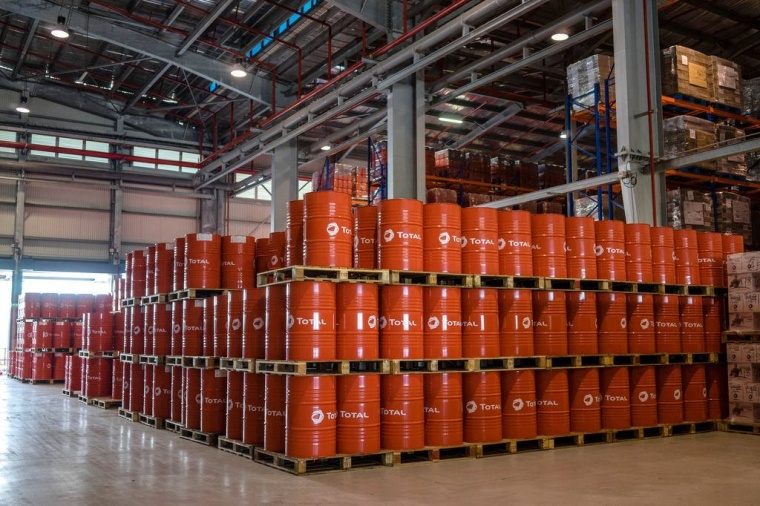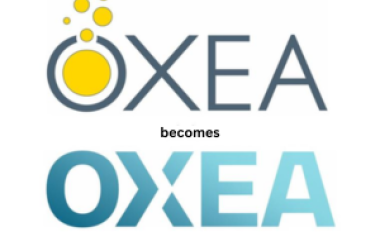EU “Regrets” Fresh US Sanctions on Iran

Jointly with the governments of France, Germany and the UK, the European Union has issued a statement "deeply regretting" the re-imposition of all US sanctions on Iran by President Donald Trump on Nov. 4.
This second round of sanctions, covering Iran’s energy sector and petroleum-related transactions, as well as transactions with the Central Bank of Iran, follows an earlier round on Aug. 6 targeting the automotive sector and trade in gold and in other key metals.
All sanctions had been lifted under the 2015 nuclear accord formally known as Joint Comprehensive Plan of Action (JCPOA). Signatories to the JCPOA, in addition to the EU and the US, included Russia and China.
Under the terms of that deal, Iran pledged to forego enrichment of uranium and refrain from any efforts toward developing nuclear weapons in exchange for the lifting of the sanctions imposed earlier by the US and fresh economic investment in the resource-rich country.
In the face of the unilateral US action, the intensely negotiated pact, hailed at the time as a breakthrough, is now seen in danger of collapse. The Trump administration has not only withdrawn the US signature but also threatened to place sanctions on other countries that continue to trade with Iran.
The accord with Iran is "crucial for the security of Europe, the region and the entire world,” reads the statement presented by Federica Mogherini, the EU representative for foreign affairs. It says also that Europe intends to protect its companies "engaged in legitimate business with Iran."
In August, the EU activated a blocking statute designed to protect European companies from any penalties imposed by the US. The bloc also is continuing efforts to establish a credit finance system that would bypass US banks and use the euro for foreign transactions.
In May, the US government gave European companies working in Iran up to six months to wind down all activities or else risk being blacklisted in the US.
Leading the list of EU countries most affected by the US turnaround on Iran was French energy and petrochemicals group Total, which had reached a preliminary agreement to build ethane-fed petrochemical and polymerization plants in the country worth to $2 billion.
Companies from outside Europe, including China National Petroleum Corporation (CNPC), planned to participate alongside Total and Petropars – a subsidiary of Iran’s National Petrochemical Company (NPC) – in the Pars gasfield exploitation project, in which Total up to now has held the 51% majority. This would have supplied the domestic gas market starting in 2021.
According to unconfirmed reports, CNPC has expressed willingness to take over Total’s role as the majority stakeholder with 51%.
In re-imposing the sanctions, US Secretary of State Mike Pompeo and Treasury Secretary Stephen Mnuchin said the measures will remain in place until Iran meets US demands that include ending support for terrorism, ending military engagement in Syria and completely halting its nuclear and ballistic missile development.
Inspectors of the International Atomic Energy Agency (IAEA) have said that Iran has upheld its end of the nuclear bargain up to now. Issues of terrorism or engagement in Syria were not part of the original pact.
In Iran itself, the looming embargo has already led to unrest or at the least unease – the oil industry is the country’s biggest source of revenue. The US has reportedly granted eight countries temporary waivers to import Iranian oil – including Iraq and Turkey.
The EU had asked previously asked the US to grant exemptions from the sanctions for sectors such as energy, auto manufacturing, aviation, infrastructure and pharmaceuticals.









